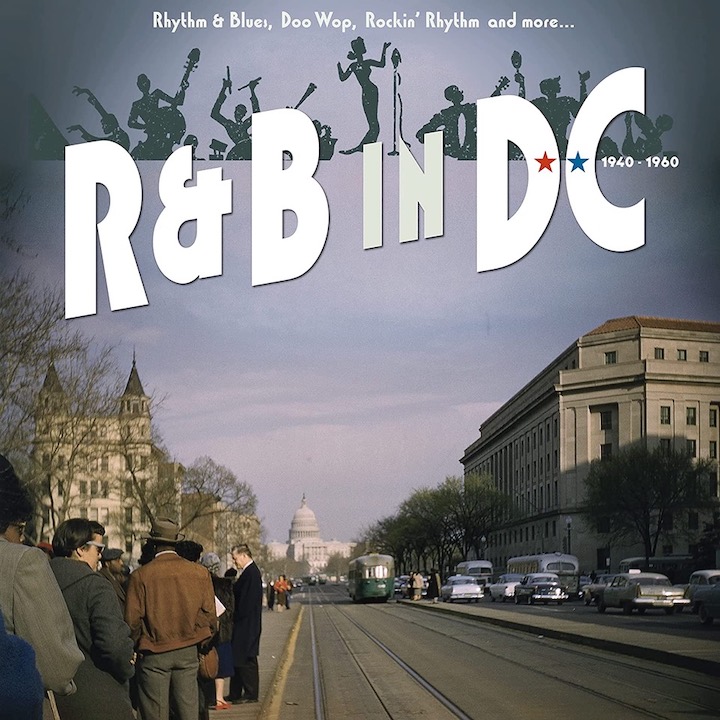Major record companies like Sony’s Legacy, UMI, and Warner’s Rhino have all produced great box sets, but nobody can match the ones from Germany’s Bear Family label, which has been turning out meticulously researched, beautifully packaged, and mindbogglingly comprehensive anthologies for nearly half a century.
The latest, R&B in DC: 1940–1960, is a case in point. Featuring 472 songs on 16 CDs, this numbered, limited-edition box brilliantly evokes the rhythm and blues scene in Washington, D.C., over two decades. It comes with a 352-page, LP-sized hardcover book that contains well-informed essays about the music, the artists, the record labels, the radio stations, and the clubs as well as notes about every song, a bibliography, a ton of rare period photos, and more.
Compiling the material for the coffee-table book reportedly took about seven years, and one can only imagine what must have been required to track down, license, and restore all this old music, much of which was rescued from extremely rare 78 and 45 rpm records. The list of acknowledgments to researchers, DJs, collectors, record dealers, and others is understandably long.
One indication of Bear Family’s obsession with comprehensiveness is that the book opens with a disclaimer that almost reads like an apology: “No attempt was made to cover every record by every artist featured. The list of included artists is extensive but by no means complete.” True, but the compilers can probably be forgiven for any omissions since as previously noted, they did manage to fit in nearly 500 songs. The playing time exceeds 20 hours so you can literally rock around the clock with almost no repeats.
The set is not quite as narrowly focused as its moniker suggests. For one thing, the compilers considered for inclusion “any R&B-related artist or group which was from Washington, spent significant time in Washington, recorded in Washington, or had a record released on a Washington-based label.” So, for example, the box features Lloyd Price, a New Orleans native who lived for years in New York, but spent some important time in Washington in the mid to late 1950s.
As for musical styles, rhythm and blues was originally a marketing term for records by Black artists and, as this box’s book explains, “it included many different styles of music which today we would not identify as R&B.” A line on the cover notes that the anthology also embraces “doo-wop, rockin’ rhythm, and more…” Jazz, swing, and Big Band styles make appearances, too, especially in the earliest tracks.
Fans of this musical era will recognize some names among the lists of performers. Marvin Gaye’s 1957 first recording with the Marquees – a vocal quartet he co-founded in Washington after he returned from the army – is here, for example. (Called “Wyatt Earp,” it was co-written by Bo Diddley.) So are songs by the Clovers, including their hit “One Mint Julep,” and several tracks by the aforementioned Lloyd Price, among them his great hit “Just Because.” The list of songwriters also embraces some luminous names, such as Harvey Fuqua, Van McCoy, Jerry Leiber, Mike Stoller, Bob Crewe, Fats Domino, Dave Bartholomew, and Fats Waller. In addition, there are tracks by written Ahmet Ertegun, Atlantic Records’ late co-founder (credited here with his sometime-pseudonym Nugetre – his last name spelled backward).
But the compilers of this box were clearly less interested in featuring hits and big names than in shining a light on acts and recordings that deserve much more attention than they’ve received. Some of the set’s greatest pleasures involve terrific artists who have been out of the public eye for decades – or who, for various reasons, never attracted much of a following in the first place. You almost certainly don’t remember such outfits as the Syncopators, TNT Tribble Orchestra, Phil Flowers, the Rainbows, or Frank Motley, but you won’t likely forget them after spending time with their recordings in this collection.
Also Noteworthy
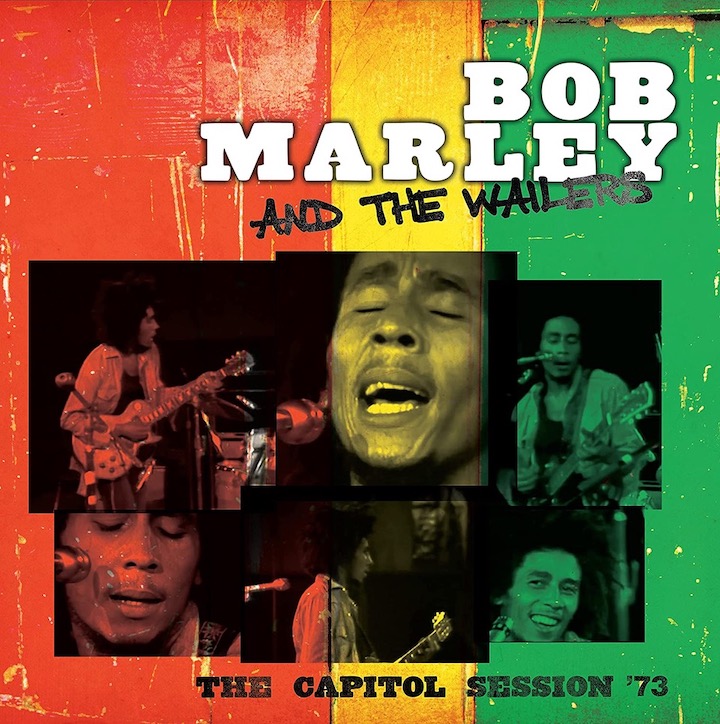
Bob Marley and the Wailers, The Capitol Session ’73. Some concerts – such as the Rolling Stones’ 2006 show in Rio de Janeiro, which drew a reported 1.5 million fans – are notable partly because of their huge crowds. Then there’s Bob Marley and the Wailers’ 1973 gig at Capitol Records Tower in Los Angeles, which is memorable partly because the audience was so tiny –just a handful of invited guests.
The setting results in an intimate mood for this concert, whose footage was believed lost for years. Now restored, remastered, and released for the first time ever, it has been issued in a package that features the show on both DVD and CD. The former begins with shots of Marley and the Wailers (including the late, great Peter Tosh) lighting spliffs before the concert. Then comes a likable 12-song set that features some of the group’s early material, such as Tosh’s now well-known “Get Up Stand Up” and Marley’s “Stir It Up,” which became a 1973 hit for Johnny Nash.
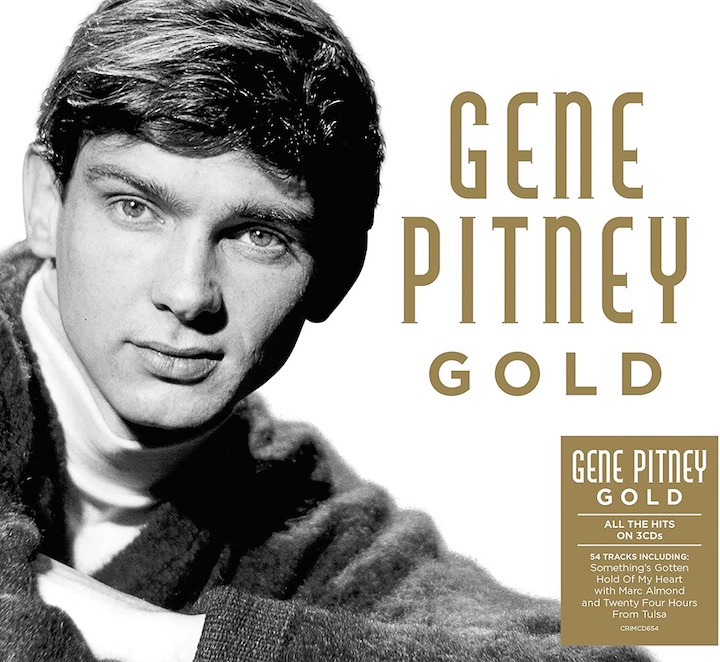
Gene Pitney, Gold. The late Gene Pitney, one of the bright spots on AM radio in the 1960s, combined an arresting voice with consistently strong and well-arranged pop/rock material to score nine U.S. Top 20 hits. Among them: Burt Bacharach and Hal David’s “Only Love Can Break a Heart” and “24 Hours from Tulsa;” Howard Greenfield and Helen Miller’s “It Hurts to Be in Love;” and Barry Mann and Cynthia Weil’s “I’m Gonna Be Strong.” You can find all of them on single-disc collections, but this three-CD set – part of the same series that recently delivered Lulu and Leo Sayer anthologies – shows there was much more to Pitney than his best-known numbers.
In addition to all the big hits, the program includes such tracks as Gerry Goffin and Carole King’s “Every Breath I Take,” an early Phil Spector production; Pitney’s own “Hello Mary Lou,” which gave Rick Nelson a Top 10 hit in 1961; Randy Newman’s “Just One Smile;” strong renditions of the Platters’ classic “My Prayer” and “Smoke Gets in Your Eyes;” and two duets with country giant George Jones, “I’m a Fool to Care” and “I’ve Got Five Dollars It’s Saturday Night.” Though the set devotes all but five of its 54 tracks to 1960s material, it also makes room for Pitney’s U.K. chart-topping 1989 remake of “Something’s Gotten Hold of My Heart,” one of his 1960s singles, which finds him sharing vocals with Marc Almond.
Like the Lulu and Sayer anthologies, this set lacks the notes and track information you’d expect from a career-spanning multi-disc releases, but the bargain-basement prices of all three anthologies make that shortcoming easy to overlook.
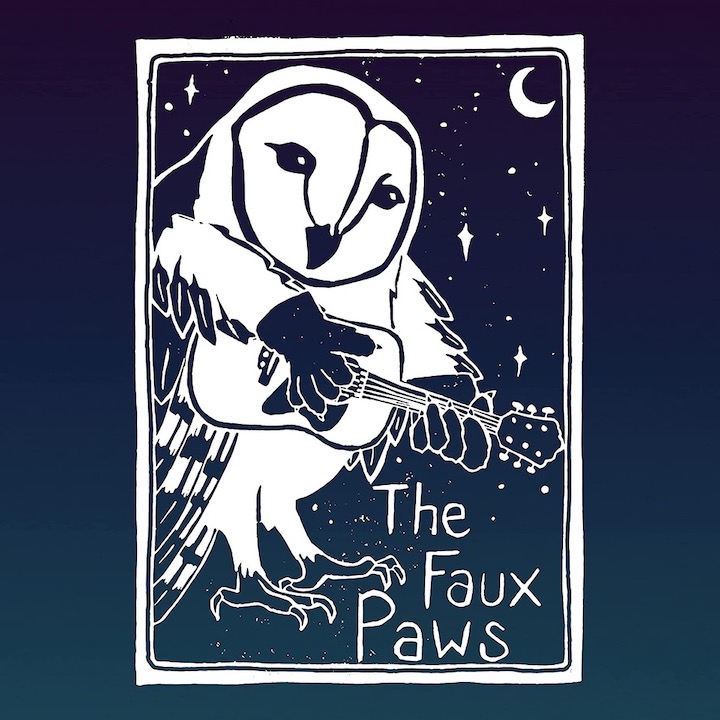
The Faux Paws, The Faux Paws. This bi-coastal trio, which has been making music for almost 10 years, has just gotten around to producing a debut CD. Listening to the first track, you may think you’re in for a traditional bluegrass/country experience, but surprises await: turns out brothers Andrew and Noah Van Norstrand have an affinity for pop, jazz, and dance music; and the group’s third member, Chris Miller – whose background includes jazz and Cajun music – primarily plays the saxophone as well as such instruments as clarinet, banjo, and dobro. Fasten your seat belt for a ride that is as adventurous as it is rewarding. The album includes 10 melodic studio creations as well as a concert recording of “Katy Hill,” a hoedown-ready fiddle-and-sax showcase.
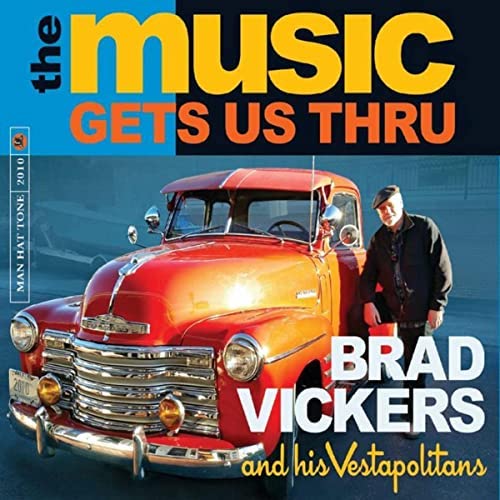
Brad Vickers & the Vestapolitans, The Music Gets Us Thru. On this seventh CD, guitarist Brad Vickers again mixes his own strong originals and those of bassist Margery Peters with covers, this time from the likes of J.B. Lenoir (“When I Am Drinking”), Tampa Red (“I’ll Never Let You Go”), and Jimmy Reed (“Take It Slow”). The band, which also features a drummer and a saxophonist, is joined by assorted guests on violin, piano, organ, accordion, and other instruments. As versatile as they are talented, they draw on Cajun music, blues, roots rock, jazz, pop, and folk. The result is an album that features many twists and turns but never stops entertaining.
Jeff Burger’s website, byjeffburger.com, contains five decades’ worth of music reviews, interviews, and commentary. His books include Dylan on Dylan: Interviews and Encounters, Lennon on Lennon: Conversations with John Lennon, Leonard Cohen on Leonard Cohen: Interviews and Encounters, and Springsteen on Springsteen: Interviews, Speeches, and Encounters.


